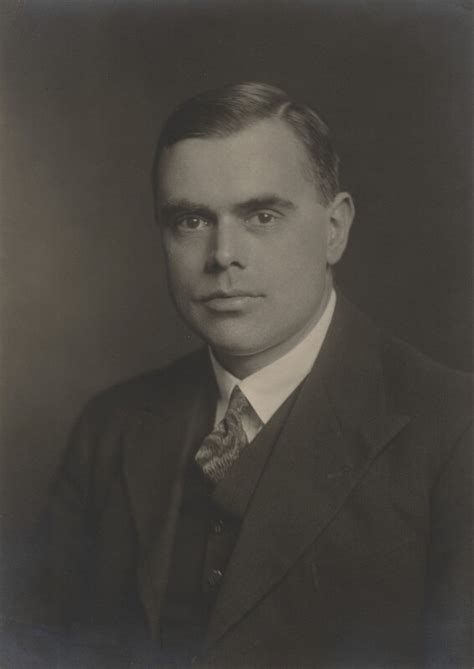A Quote by Joseph Brodsky
A language is a more ancient and inevitable thing than any state.
Related Quotes
Language and, presumably, literature are more ancient and inevitable, more durable than any form of social organization. The revulsion, irony, or indifference often expressed by literature toward the state is essentially the reaction of the permanent-better yet, the infinite-against the temporary, against the finite.
I believe there is no liturgy in the world, either in ancient or modern language, which breathes more of a solid, scriptural, rational piety, than the Common Prayer of the Church of England. And though the main of it was compiled considerably more than two hundred years ago, yet is the language of it, not only pure, but strong and elegant in the highest degree.
The object, which is back of every true work of art, is the attainment of a state of being, a state of high functioning, a more than ordinary moment of existence. In such moments activity is inevitable, and whether this activity is with brush, pen, chisel, or tongue, its result is but a by-product of the state, a trace, the footprint of the state.
A language possesses utility only insofar as it can construct conventional boundaries. A language of no boundaries is no language at all, and thus the mystic who tries to speak logically and formally of unity consciousness is doomed to sound very paradoxical or contradictory. The problem is that the structure of any language cannot grasp the nature of unity consciousness, any more than a fork could grasp the ocean.
We make two mistakes about the ancient world. One is to assume they were better than us - that, for instance, the ancient Olympics didn't involve money-making. The opposite mistake, and just as common, is to think our Olympics are much more civilised than ancient sporting competitions. Neither is true.
The challenges that young people are mobilizing against oppressive societies all over the globe are being met with a state-sponsored violence that is about more than police brutality. This is especially clear in the United States, given its transformation from a social state to a warfare state, from a state that once embraced a semblance of the social contract to one that no longer has a language for justice, community and solidarity - a state in which the bonds of fear and commodification have replaced the bonds of civic responsibility and democratic vision.
It was just as the 1914 War burst on me that I made the discovery that 'legends' depend on the language to which they belong; but a living language depends equally on the 'legends' which it conveys by tradition. ... Volapuk, Esperanto, Ido, Novial, &c &c are dead, far deader than ancient unused languages, because their authors never invented any Esperanto legends.
Perhaps the most surprising thing about mathematics is that it is so surprising. The rules which we make up at the beginning seem ordinary and inevitable, but it is impossible to foresee their consequences. These have only been found out by long study, extending over many centuries. Much of our knowledge is due to a comparatively few great mathematicians such as Newton, Euler, Gauss, or Riemann; few careers can have been more satisfying than theirs. They have contributed something to human thought even more lasting than great literature, since it is independent of language.




































